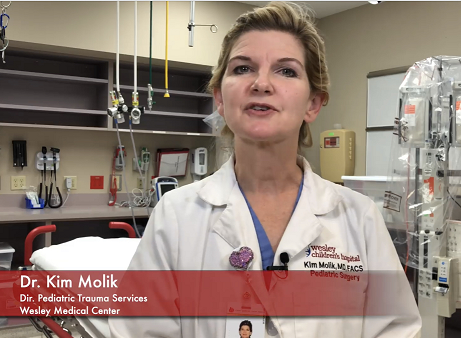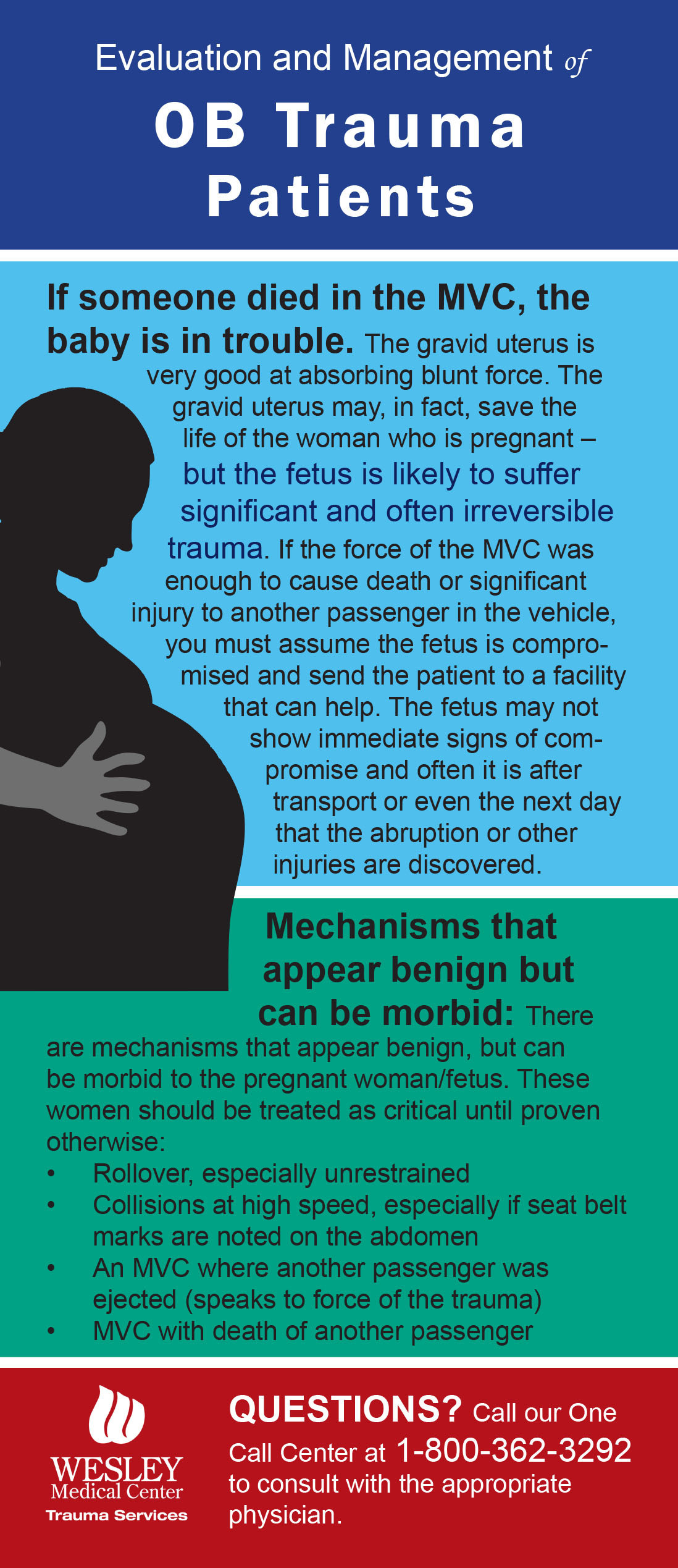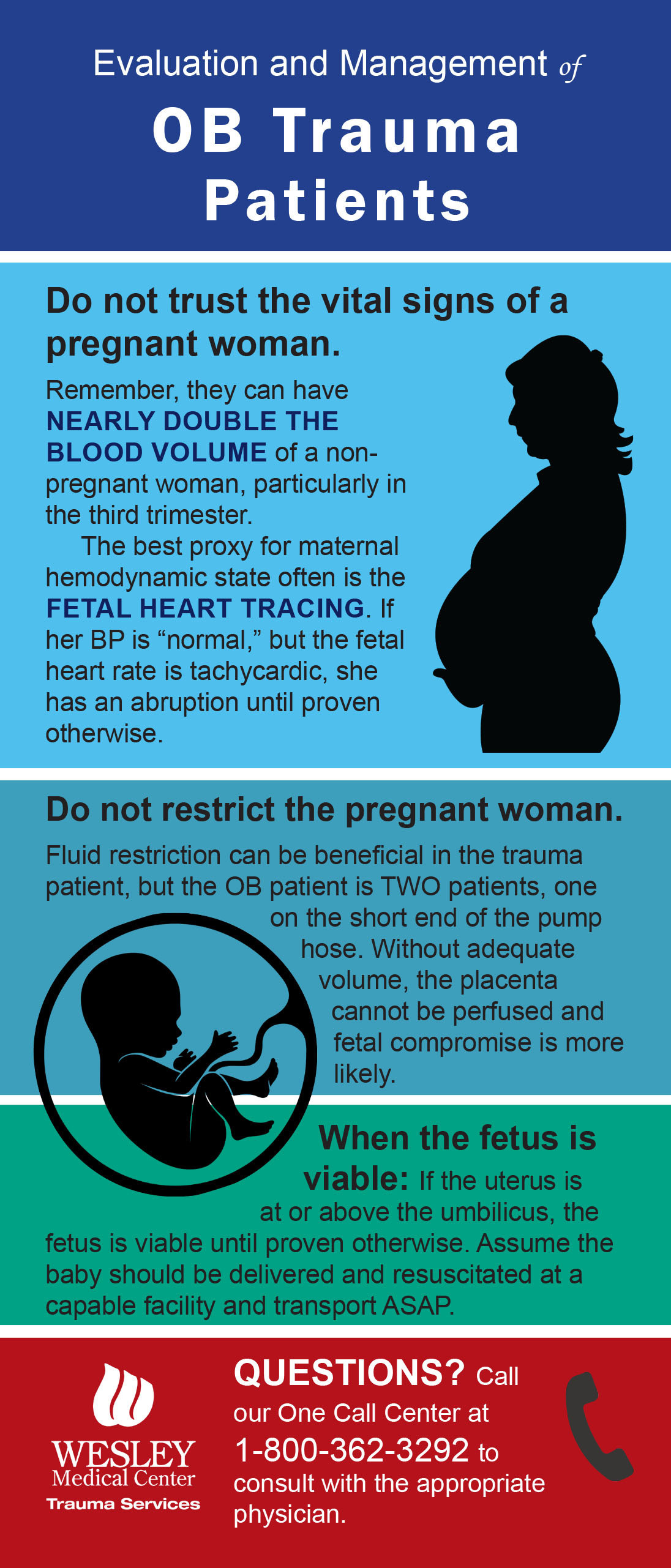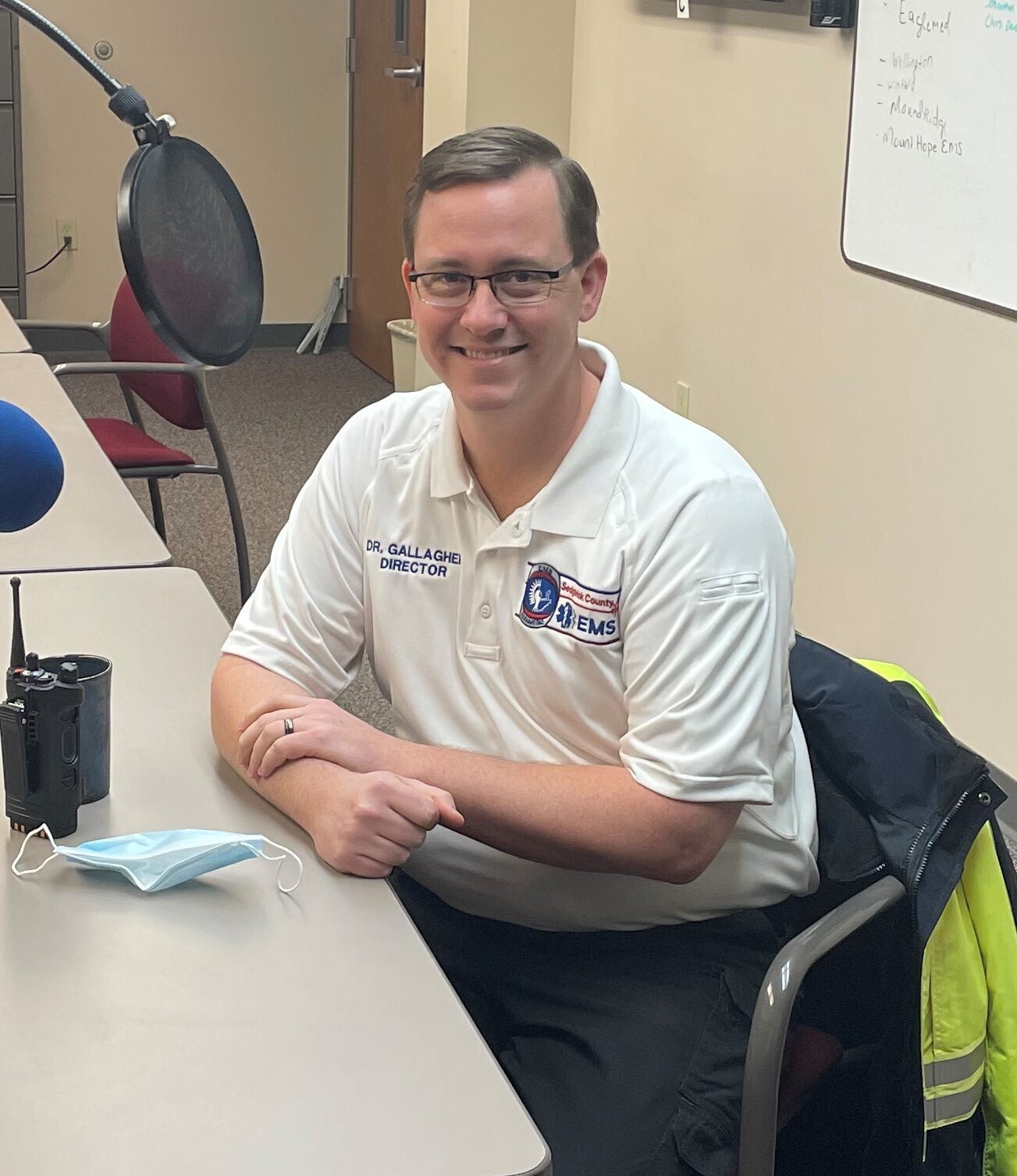Wesley Trauma Talk Podcast
Here you can find training/education objectives for each episode of Trauma Talk as well as any other resources mentioned in the episode. ----more----
Episode 001: Recognizing Hypotension in Traumatic Pediatric Patients with Dr. Kim Molik and Pediatric Trauma Program Manager Meghan Landwehr.
 Dr. Kim Molik Pediatric Medical Director for Wesley Trauma Services.
Dr. Kim Molik Pediatric Medical Director for Wesley Trauma Services.
Educational Objectives:
- Describe the signs, symptoms and treatment for hemorrhagic shock in pediatric and adult patients.
- Discuss the appropriate crystalloid IV bolus does for pediatric patients.
- Recall the importance of starting TXA in the first 3 hours of injury.
- Justify the importance of continued reassessment of the seemingly stable pediatric trauma patient.
Instructors: Kim Molik MD, Meghan Landwehr MSN/BSN, and Aaron Sutton EMTP
----more----
Episode 002: The 7 P's of Drug Induced Intubation
 Frank Williams Butler Co EMS Director
Frank Williams Butler Co EMS Director
Educational Objectives:
- Describe the proper steps for preparing for a medical induced intubation using the 7 P's pneumonic.
- Preparation
- Patient monitoring
- IV access
- Tools Prepared
- Preparation
- Preoxygenation
- Pretreatment
- Paralysis with induction
- Protection
- Positioning
- Placement with proof
- Post intubation care
- Understand and apply the Mallampati Score towards airway assessment
- Understand and apply the pneumonic LEMON and DOPE towards patient care.
Instructors: Frank Williams BSN, EMTP, Travis Morin RN/EMTP, Aaron Sutton EMTP
----more----
Episode 003: OB Trauma Patients with Dr. Melissa Hague
 Dr. Melissa Hague
Dr. Melissa Hague
Educational Objectives
- Describe the mechanism of injury that should provide a high level of the suspect for injury to both mother and fetus
- Describe and articulate proper abdomen assessment of pregnant patient
- Discuss the proper treatment of the mother including but not limited to
- Oxygen
- Fluid restriction
- TXA


Instructors: Dr. Melissa Hague, Travis Morin RN/EMTP. and Aaron Sutton EMTP/IC
----more----
Episode 004 Field Amputations with Dr. John Gallagher

Educational Objectives:
Review local trauma entrapment protocols of self and area agencies
Discuss steps to improve interagency cooperation between the local hospitals, EMS, rescue, flight services, law enforcement, and additional resources.
Surgical Amputation Physician Resource 316.530.2901 for Kansas
24/7 Physician manned phone line for entrapment recommendations
Wichita/Kansas area can work towards sending a trained physician to your scene
Review the procedure steps of a field amputation
Describe the steps of site selection
Describe a disarticulation cut
Discuss the risk of blood loss from the bone marrow space
Describe support for the entrapped patient including but not limited to:
Airway Considerations
Hemodynamic stability
Tourniquets, fluid bolus, TXA
Pain control
Instructors: Dr. John Gallagher and Aaron Sutton BS EMTP IC
----more----
Episode 005 Emergency Preparedness and Team Rubicon
Guest: Dan Pugh MBA, CEM, MEP Preparedness Consultant
Steps healthcare providers can take to prepare themselves and their agency for responding to MCI events through their employed agency.
Educational Objectives:
Review the MCI/Extreme weather guidelines of your agency and the community partners you work with.
Review need for adding covid 19 procedures to current MCI guidelines.
Review past MCI events in your community.
Review items you would have prepared for a work “go bag.”
Links mentioned in the podcast:
https://www.cdc.gov/disasters/covid-19/disasters_severe_weather_and_covid-19.html
https://www.fema.gov/disasters/coronavirus/best-practices
----more----
Episode 006 Concussion considerations in pediatric patients with Dr. Kimberly Molik and Speech-Language Pathologist Michael Hogwood
The Kansas Concussion Score Card can be found at: https://www.kansasconcussion.org/concussion-start/
Review and discuss what a concussion is along with signs and symptoms.
Review current pediatric concussion protocols
Review and discuss the current concussion screening process your school district uses for organized sports
Review and discuss the Kansas Concussion Score Card
----more----
Episode 007 Recognizing and Treating Nonaccidental Trauma with Dr. Weeks 4/13/2021
Every April, Child Abuse Prevention Month is an opportunity to learn about the signs of child abuse and how to prevent it. That is why this episode of Wesley’s Trauma Talk is focusing Non-Accidental Trauma (NAT). Our guest is Dr. Kerri Weeks Pediatrician and fellowship-trained child abuse specialist. Dr. Weeks will be discussing how to recognize and what to do when a health care worker suspects child abuse.
- Describe the signs, symptoms, and treatment for traumatic NAT injuries.
- Discuss the appropriate steps for reporting suspected NAT.
- Discuss common injuries associated with NAT.
----more----
Episode 008 Everything TXA with Dr. Bill Palko
Guest: Wesley's Medical Director of Transfusion Services and Pathologist Dr. Bill Palko
Episode 008 4/20/2021
We discuss everything TXA with Wesley's Medical Director of Transfusion Services and Pathologist Dr. Bill Palko. Indications, contraindication, and doses for all age ranges.
Educational Objectives:
Describe the indications and contraindications for administering TXA
Discuss the appropriate MOI that would benefit from TXA
Discuss the current recommended adult and pediatric doses for administering TXA
Discuss the Crash 2 study and how to affects TXA uses today.
https://pubmed.ncbi.nlm.nih.gov/23477634/
Instructors: Dr. Bill Palko and Aaron Sutton BS EMTP IC
----more----
Episode 009 Venomous Snake Bite Considerations in Trauma
On this episode we have two special guests: Dr. Jeff Ettling, Ph.D. who is the President & CEO at the Sedgwick County Zoo. Dr Ettling with be discussing venomous snakes that are found here in Kansas. We then interview Kathy Hall who is the Pharmacists for Wesley Trauma/SICU about all things anti-venom.
Educational Objectives:
Recall why it is not important to kill/bring snakes to the hospital.
Recall the types of venomous snakes found in Kansas
Describe two types of features venomous snakes in Kansas have on their heads.
Discuss the prehospital treatment of snake bites.
Discuss how anti-venom works.
Discuss when to administer anti-venom.
A Pocket Guide to Kansas Snakes:
https://gpnc.org/pocket-guides/
Wesley Snake Bite Severity Score: Coming
----more----
Episode 010
Burn Assessment and Fluid Resuscitation with Dr. William Waswick
On this episode I interview Wesley Trauma Services Trauma Surgeon and Burn Surgeon Dr. William Waswick about burn assessment, fluid resuscitation, and associated injuries of burns.
Educational Objectives.
Discuss the importance of the ABCs during an assessment of a burn patient.
Discuss the importance of a thorough secondary assessment when faced with a patient suffering from a large % of burns.
Discuss the following methods to calculating total burn percentage: Rule of 9s and Rule of Palm
Discuss your current protocol for fluid resuscitation during the first hour of care for a burn patient.
Recall the layers of the integumentary system and different degrees of burns.
----more----
Episode 011 and 012
Organ Donation with Midwest Transplant Network Part 1 and 2
Discuss the disadvantages of a nontrained healthcare provider speaking on organ donation to the family.
Discuss the steps that MTN performs in the hospital during the organ donation process.
----more----
Episode 013
Drowning Myths and Misconceptions w/ Dr. Kyle Lemley
On this episode of Wesley Trauma Talk, I sit down with the Medical Director of Wesley's PICU Dr. Kyle Lemley and discuss the myths and misconceptions of drowning.
Recall the definition on the following terms: Drowning, Near Drowning, and Dry Drowning.
Recall and discuss the anatomy and physiology of the respiratory system.
Discuss local protocol for airway management
Discuss local transportation guidelines on pediatric patients
----more----
Episode 014: The Case of the Magic Bullet
On this episode of Trauma Talk, two of our Wesley Trauma Services PAs, Calder, and Staci, give insight on what it is like to be in the trauma bay while reviewing a GSW (gunshot wound) case study.
https://journal.chestnet.org/article/S0012-3692(20)33020-8/fulltext
Educational objectives:
Discuss the initial trauma assessment for your healthcare provider level.
Discuss and recall the ABCs
Discuss rapid interventions for chest injuries that take place during the ABCs
Recall the 5 Ps of Compartment Syndrome
----more----